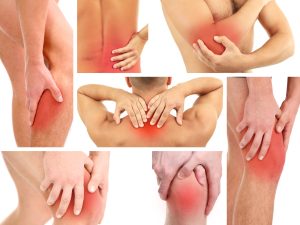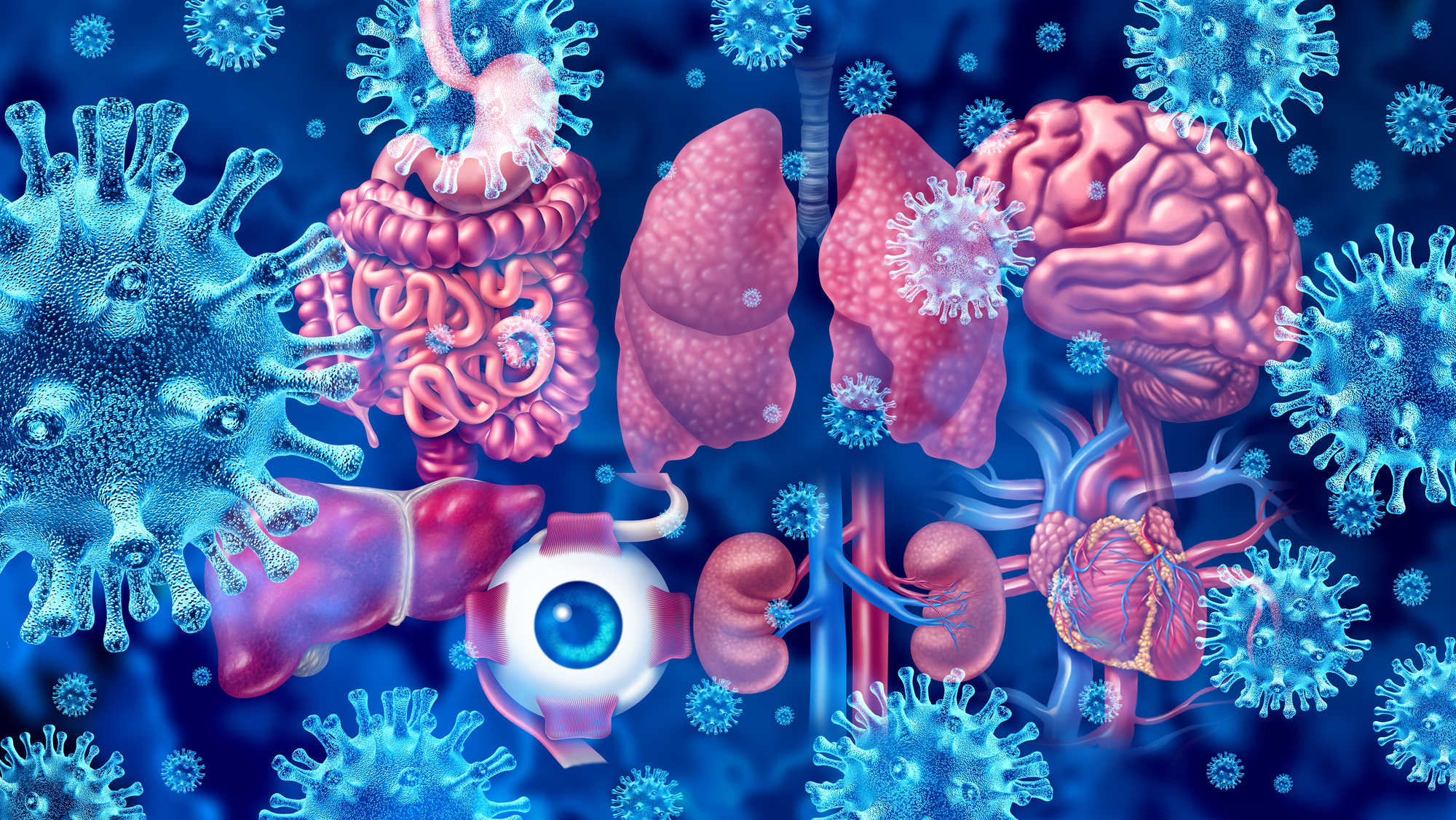
1. What does being alkaline mean?
In this blog, I will discuss why it’s important to maintain an alkaline body and how pH levels affect our health and disease progression.
The term “alkaline body” or “acidic body” often confuses people. Whether a substance is acid or alkaline is determined, by its pH (potential Hydrogen). In other words, acidic pH below 6.4 (for urine) means that acid wastes are stored in the cells and potentially in all the tissues of the body.
An indicator of the body’s pH is the pH of urine or saliva. We measure the acidity or alkalinity of the urine or saliva with a specific pH paper strip. However, as the pH of saliva fluctuates because of many factors as discussed below, second-morning urine is the best indicator of tissue acidity. Healthy cells run between a pH of 7.35 and 7.451. Stomach acidity, with a pH between 1.5 and 3.5, is necessary for enzyme activation, killing bacteria in food.
2. How does blood pH correspond to the pH of urine?
Blood pH has a very narrow range of 7.35-7.45 so blood is slightly alkaline. Therefore, the body has many complex mechanisms to keep the pH of blood within this range. If the body’s compensatory mechanisms cannot keep blood pH within that range, certain medical conditions or emergencies can occur. Acidic urine (pH below 6.4) is the indicator that the body is compensating to maintain pH of the blood.
3. What are the causes of body latent acidosis?
The main causes of latent (hidden) acidosis are aging, the subsequent decline in kidney function, and diet. Other contributing factors are:
· A diet high in animal protein and cereal grain
· Excess intake of salt
· Inflammation
· Stress
· Smoking
· High anaerobic exercise
· Dieting and fasting
· Gastroenteritis
· Phosphoric acid-containing soft drinks, coffee, and alcohol
· Diabetes
· Menopause
· Hormonal deficiency
· Diarrhea
· Fractures
· Kidney and lung disease
· Panaceas and liver disease
· Tumors
4. What are compensatory mechanisms in controlling blood and tissue pH?
The body has many buffering and compensatory systems of blood, bone, lungs, kidneys and within the cell to bind and neutralise additional hydrogen or hydrogen ions.
The kidneys play an important role in maintaining the acid-alkaline balance. However, since the age of 20, we lose 1% per year of kidney acid extraction capacity.
Bones play a very active and important role in maintaining the pH of the blood and the body. Acidosis has been shown to increase the activity of the breaking down of the bone (osteoclasts) and decrease the activity of bone formation (osteoblasts). Only very small changes in pH are required to have this effect i.e. pH reduction of ≤01 can double bone break down. Thus chronic hidden (latent) acidosis places and constant drain on bone health.
5. What impact does latent acidosis have on bone health?
If we continue to have an acidic diet and have other contributing factors as discussed above, we are losing bone density. Low bone density, osteoporosis, and high risks of fractures have been observed even in teenagers due to the high intake of soft drinks and an acidic diet. 2 Another culprit is caffeine, which experts have long known can interfere with calcium absorption.
6. How can we remain alkaline and healthy?
As a general rule, it is recommended that people have an 80/20 diet, which means 80% of alkaline food and 20% of acidic food. Fresh fruits and vegetables are alkaline while processed food, meat, dairy, seafood, grains, and alcohol are acidic.3 Unfortunately in our modern lifestyle, maintaining a healthy pH may be difficult for some people. Often diet is not enough as many other factors, as discussed in point 3 are playing a part in acid-base balance. However latent (hidden) acidosis can be corrected and maintained by supplementing with a comprehensive formula of alkalizing minerals. The quickest way to improve a patient’s mobility and reduce pain at my clinic is by alkalizing the patient’s body with naturopathic supervision. However, the benefits of being alkaline are much wider and across the whole spectrum of diseases.
An observational study was undertaken in 2001 of 82 patients with chronic low back pain taking a specific alkaline drink in addition to their usual medication for 4 weeks. Supplementation of an alkaline mineral drink reduced their pain symptoms by more than 50%, and physical impairment was improved.5
7. pH is really the measure of cell voltage
Scientists have discovered that they can convert the measurement of the voltage of the solution to a logarithmic scale called pH. A voltage of -400mV is the same as a pH of 14.
Therefore, if pH is 7.35 the voltage of the cell is -25 mV. So our cells are designed to run on between -20 – and – 25 millivolts. So being acidic actually means that a person’s voltage is low. It is possible to correlate the pH of a cell with the cell voltage for any stage of human health. The cell voltage of a sick person is -10, but cancer occurs at +30 mV as the polarity of the cell is changed.
If you would like to know more about how the DH-Natural Medicine Clinic can help you, please call us now on
(02) 4854 0205
 Danuta Hulajko is a Naturopath, international speaker and the founder & practitioner at the DH Natural Medicine Clinic and www.healingremedies.com.au in the Southern Highlands
Danuta Hulajko is a Naturopath, international speaker and the founder & practitioner at the DH Natural Medicine Clinic and www.healingremedies.com.au in the Southern Highlands
Danuta specialises in Allergies, Anti-Aging, Auto-Immune Conditions, Cardiovascular Conditions, Female Reproductive, Long Covid, Menopause, Mould Toxicity, Skin Conditions, Stress and Insomnia and Thyroid Dysfunction.
References
- Normal pH of Blood in Humans: What Actions Affect It? (healthline.com)
- Osteoporosis & Sodas (Soft Drinks): Phosphoric Acid and Other Causes (webmd.com)
- Baroody T. Hz, Alkalize or Die, Holographic Health Press, NC28786, 1991
- Tennant, J, Healing is voltage, 2010, USA
- Vormann J, Worlischek M, Goedecke, T and Silver B. Supplementation with alkaline minerals reduces symptoms in patients with low chronic low back pain. J.Trace Elem.Med. Biol:2001:15;179-183




